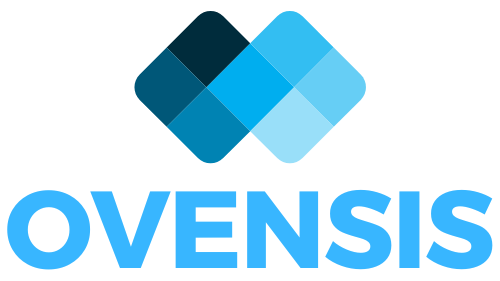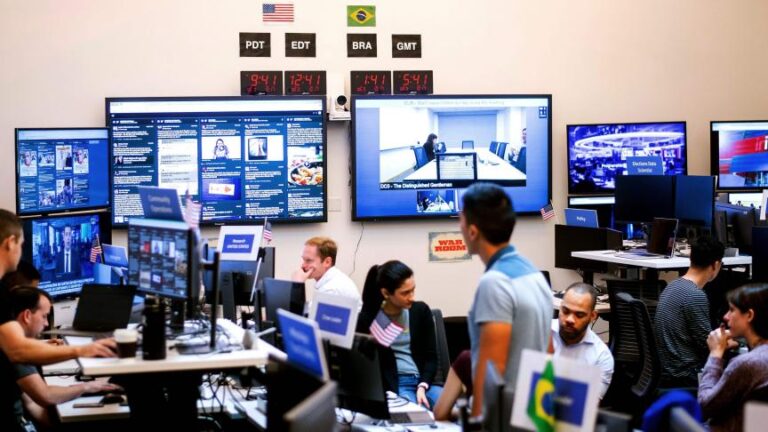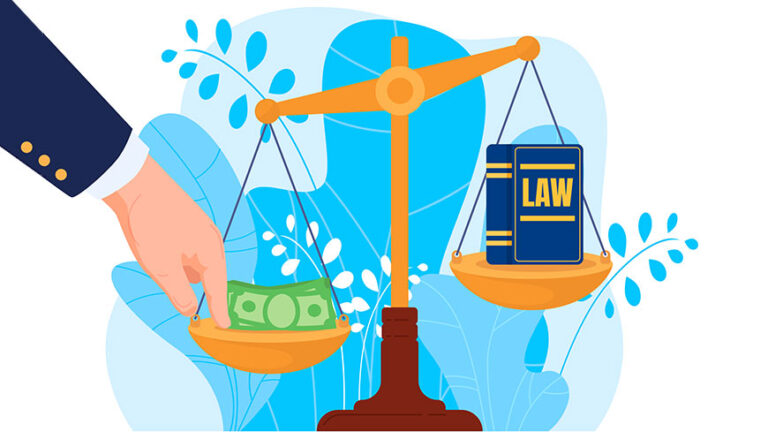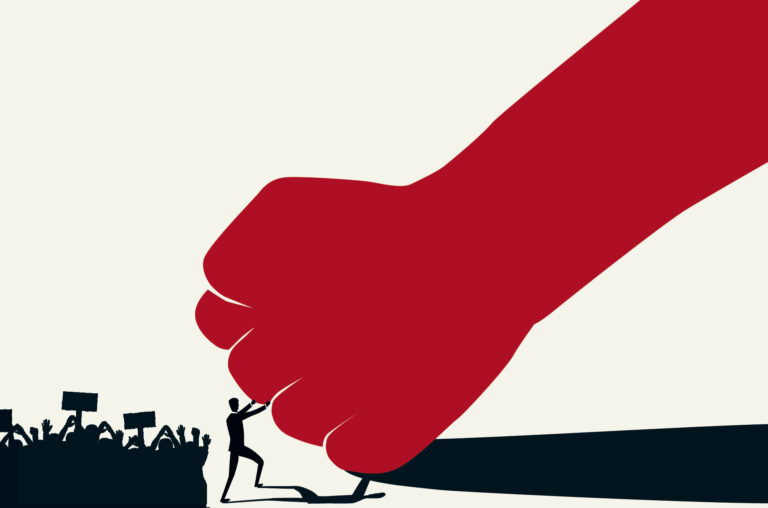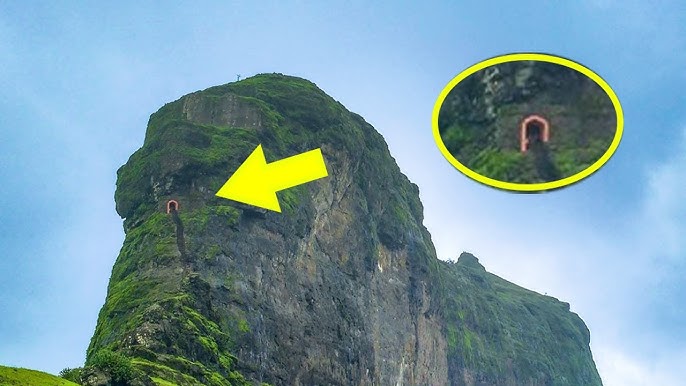
In the modern age of globalization, the complexity of international relations and the interconnectedness of economies raise an unsettling question: Is there a secret global alliance shaping the world’s policies behind the scenes? While governments and political leaders are publicly seen as the decision-makers on the world stage, many believe that shadowy, powerful entities—often referred to as “elite groups” or “global cabals”—quietly influence the trajectory of global events. Whether through financial institutions, multinational corporations, or exclusive think tanks, this hidden group could be making decisions affecting billions of people without democratic oversight.
The Rise of Global Networks
Over the past few decades, we’ve witnessed the rise of global networks and institutions that transcend national borders. These networks often bring together the world’s most influential players—corporations, billionaires, policymakers, and influential figures from various sectors—to discuss and plan the future of the world’s economy, security, and social policies. Some networks, such as the World Economic Forum (WEF) or the United Nations (UN), are open and well-known. In contrast, others operate in the shadows, with little transparency or accountability.
These networks often operate through economic, political, and diplomatic channels, pushing policies that benefit the wealthiest individuals and corporations. The influence of these entities can be seen in global trade agreements, environmental regulations, and even military interventions. While these policies are often framed as benefiting the common good, critics argue that they tend to serve the interests of a small elite.
The Role of Multinational Corporations
Multinational corporations (MNCs) play a crucial role in shaping global policies. With vast resources and extensive global reach, MNCs can significantly influence governments and international organizations. For example, large tech companies like Google, Amazon, and Microsoft have lobbying power that can sway regulations on data privacy, taxes, and market competition. Similarly, oil giants and pharmaceutical companies influence climate change, healthcare, and energy production policies.
The significant lobbying efforts of MNCs have led to concerns that these corporations, rather than elected governments, are making decisions that shape the lives of ordinary people. The revolving door between government positions and corporate boardrooms further blurs the lines between public service and corporate interests, creating an ecosystem where policies are made to serve business interests, often at the expense of the public.
Think Tanks and Policy-Making Elites
In addition to corporations, think tanks and policy research organizations have become central to the global decision-making process. These institutions, funded by wealthy individuals, corporations, and governments, produce reports and recommendations that shape policy agendas across the globe. Prominent think tanks like the Council on Foreign Relations (CFR) in the U.S., the Chatham House in the U.K., and the Trilateral Commission provide platforms for elite discussions on topics ranging from international relations to economic policy.
Though think tanks are often portrayed as impartial and academic, their connections to influential business and political elites raise concerns about whose interests they truly serve. Critics argue that these institutions usually act as vehicles for promoting the views and desires of the powerful rather than the broader public interest. Their ability to influence policymakers is substantial, and many policies that shape the global landscape reflect their input.
Global Financial Institutions
Global financial institutions, such as the International Monetary Fund (IMF), World Bank, and the Bank for International Settlements (BIS), also play a central role in shaping global policies. These institutions provide financial aid and loans to countries but often impose strict conditions that require adopting economic policies favoring free-market capitalism. These policies can include austerity measures, deregulation, and privatization of public assets, which usually lead to inequality and financial hardship for the population.
Critics argue that these financial institutions act as control instruments for a small group of wealthy nations and corporations, pushing a global economic agenda prioritizing profits over people. By controlling the flow of capital and dictating economic policies, these organizations can shape entire countries’ futures.
The Power of the Elite
The idea of a secret global alliance becomes sharper when examining the concentration of wealth and power. According to some estimates, the wealthiest 1% of the world’s population controls more than half of the global wealth. This concentration of wealth enables a small group of individuals to exert immense influence over political decisions and international policies. Whether through political donations, media control, or direct lobbying, the world’s wealthiest individuals have the means to shape the global agenda in ways that protect their interests.
Conclusion: The Hidden Hand of Power
The notion of a hidden group shaping global policies may sound like a conspiracy theory to some, but the reality is that power and influence are concentrated in a small number of hands, and those hands can steer the course of world events. The interplay between multinational corporations, financial institutions, and political elites creates an environment where policies can be designed and executed to benefit a few while leaving most of the population in the dark. As global interconnectedness grows, citizens must remain vigilant, demand transparency, and hold those in power accountable. Only then can we address the power imbalance and create a truly democratic world order.
